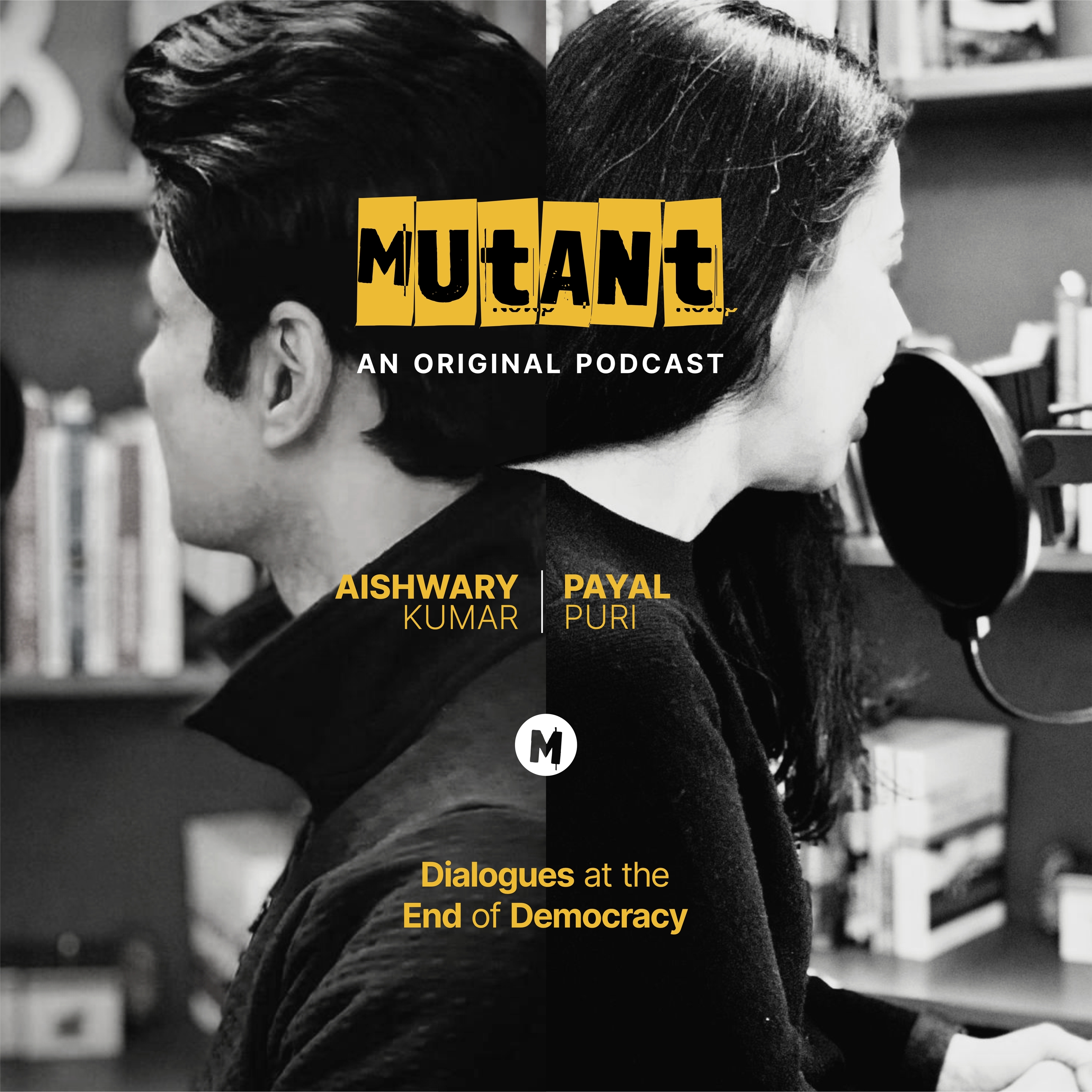P | PURITY & PUNISHMENT
Description
Nothing frames our thinking at Mutant — the very name we have given this dictionary of concepts — more fundamentally than the human drive for purity. After all, by its very constitution, the figure of the mutant — the bearer of our mutations, our mixing, our transgressions, our struggle with finitude — is an antidote to the violence unleashed by political and moral purists. As we begin a decisive year for democracy worldwide, Mutant turns to this pernicious antithesis of our democratic faith: purity and its army of antipolitical high priests who today ransack the corridors and seats of democratic hope.Always sought in the abstract yet waged through sacrificial, sometimes silent practice on the body, purity is, in the words of Aishwary Kumar, “the great conceptual unsaid of the modern political tradition.” It is also, arguably, its most malevolent. Feverishly seeking a return to a past it imagines to be pure, the drive for purity is a steady, persistent, and predatory delusion that defaces everything it touches, including the future.This delirium for purity is not new. Instead, purity is the site of a timeless, archaic convergence between religion (which brings a theological charge to politics through its imagining of a human world that never existed and will never come to be), on the one hand, and technology, on the other, as we search for new planets on which to begin the human enterprise afresh, uncontaminated, pure. On earth meanwhile, we succumb to punishing obsessions with detoxification and purification of blood and nations, the desire to rid our bodies and our societies of ‘impurities’ brought by others. "Purity is the refusal of mutation, which is the only truth that marks our biological existence. Mutant — this dialogue at the end of democracy — is both our ode to human mutation and a task we must undertake in order to ask why theologians and demagogues of purity — those who love purity tests — are so afraid of it," says Aishwary.Photo: Sunderwala Mahal, 16th century mausoleum at Sunder Nursery, New Delhi, India by Payal Puri
More Episodes
“We lost our home, which means the familiarity of daily life. We lost our occupation, which means the confidence that we are of some use in this world. We lost our language, which means the naturalness of reactions, the simplicity of gestures, the unaffected expression of feelings…our best...
Published 05/13/24
Published 05/13/24
Mutant’s first episode was an archaeology of democratic anger, and as we publish our 13th, almost midway through the Roman alphabet, we return to our beginnings; to a concept that silently saturates our political condition, bubbling corrosively in the shadow of that which it is too often...
Published 04/07/24


